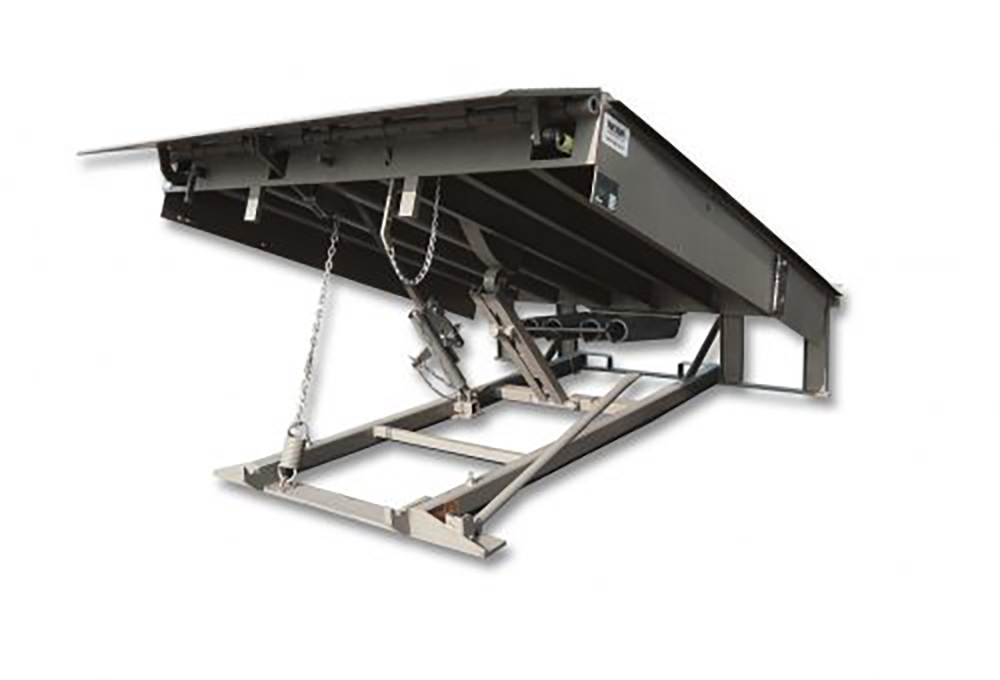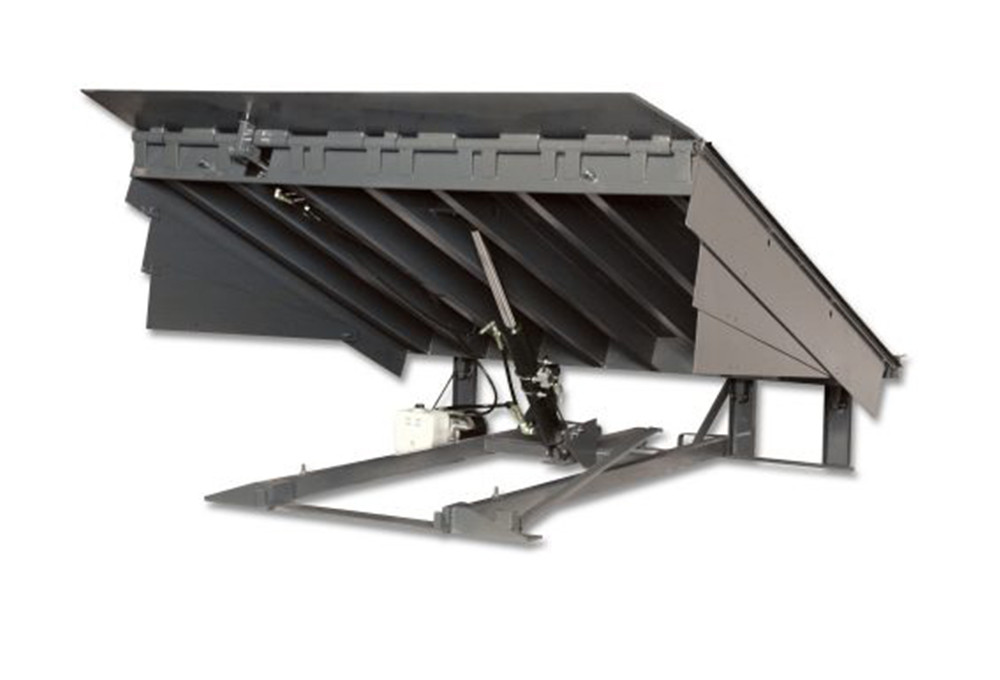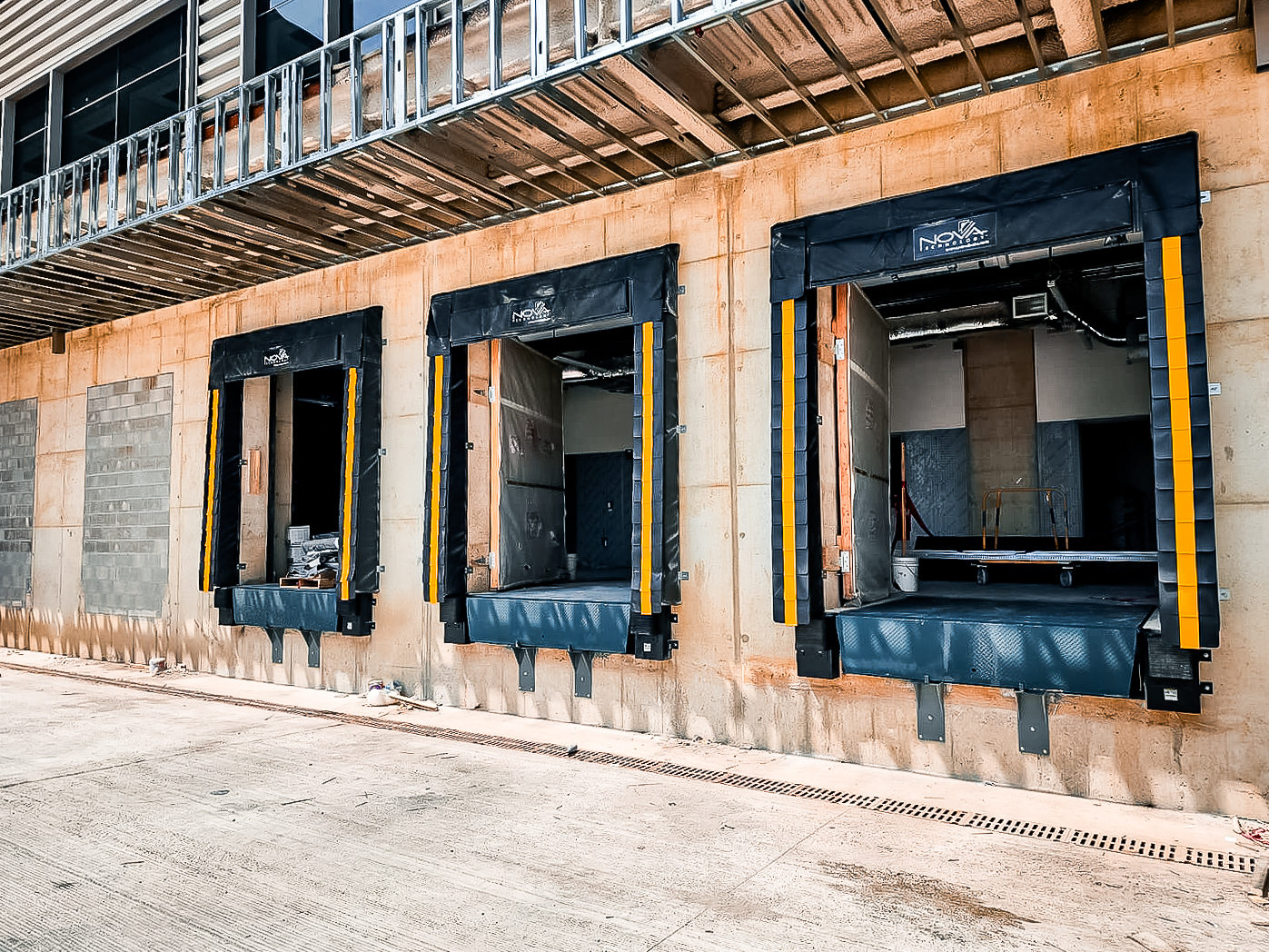As the backbone of warehouse operations, warehouse loading docks ensure a smooth transition of goods from trucks to storage areas. The two main types of dock levelers used today are mechanical and hydraulic. Both are effective, but as goes with most things, they differ significantly in their operation, benefits, and limitations.
Hold up! What’s a loading dock?
Before we get into the details of hydraulic and mechanic loading docks, we should make sure you know the basics first. A dock leveler, also known as a loading dock, is a piece of equipment used in the logistics and warehouse industry to bridge the gap between the warehouse floor and the bed of the vehicle, typically a truck or a trailer. This adjustable platform helps ensure a smooth transition for loading and unloading goods, minimizing the risk of damage or injury. The main aim of a dock leveler is to improve efficiency and safety during the transfer of goods, contributing significantly to the overall productivity of a warehouse or distribution center. Now, let’s get into the nitty-gritty!
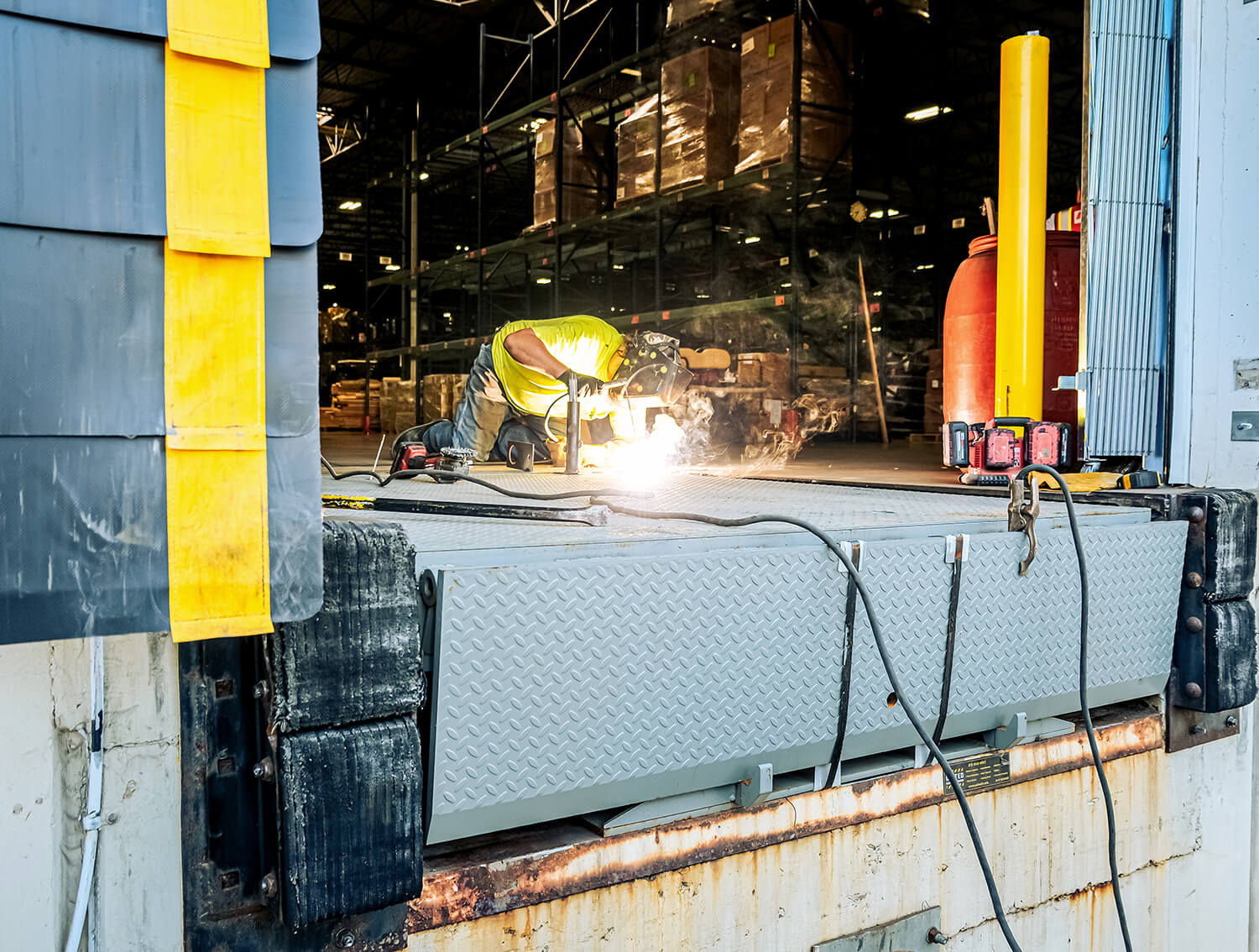
Mechanical Loading Docks:
The Traditional Workhorse
Mechanical dock levelers have been the primary type for many years, relying on springs and lip latch to raise and extend the dock plate. A dock attendant manually releases the lip latch, causing the dock leveler to raise. The attendant then walks down the leveler, causing the lip to fall onto the truck bed.
Diving into Alternatives and Specialty
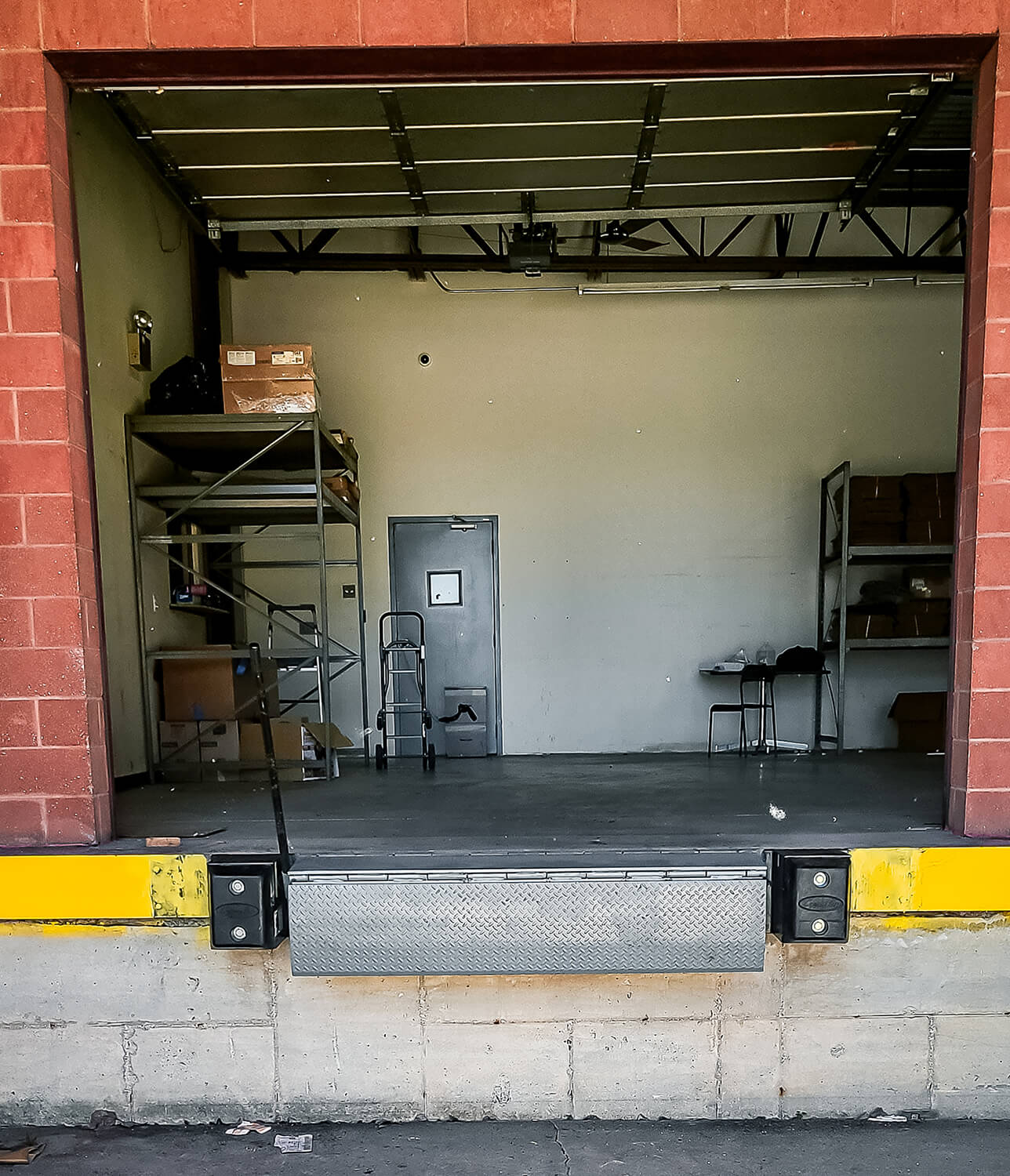
Wrapping Up
In the battle of mechanical versus hydraulic loading docks, the winner depends on your specific needs, budget, and long-term plans. Mechanical docks shine with their cost-effectiveness and ruggedness, while hydraulic docks impress with their ease of use and safety features. Understanding the differences can help you make the best decision for your facility.
Remember, whether you opt for mechanical or hydraulic, maintenance and proper operation are vital to ensuring the longevity and safety of your dock leveler. Always consult with a dock installation expert when deciding on your warehouse loading dock equipment.




